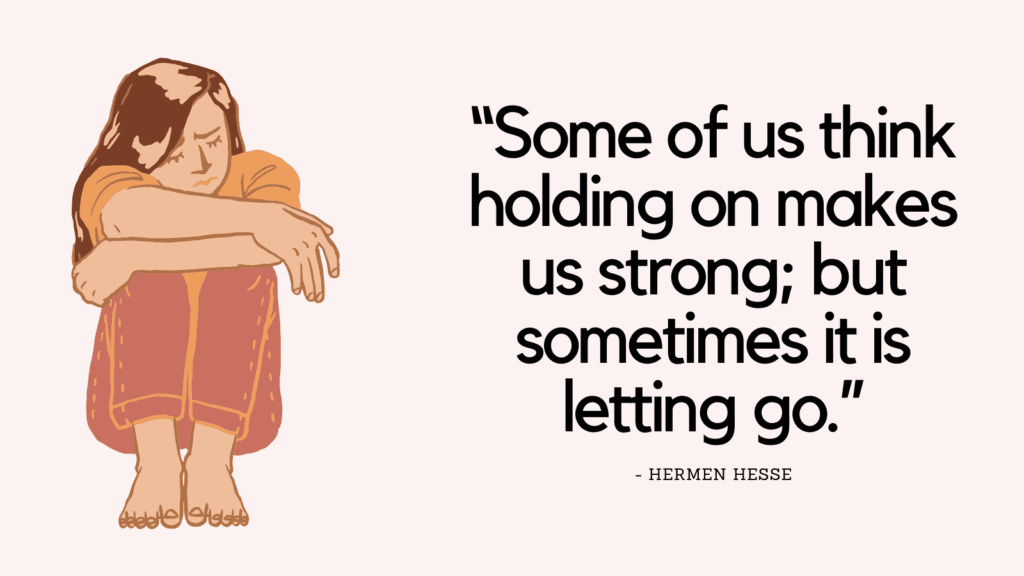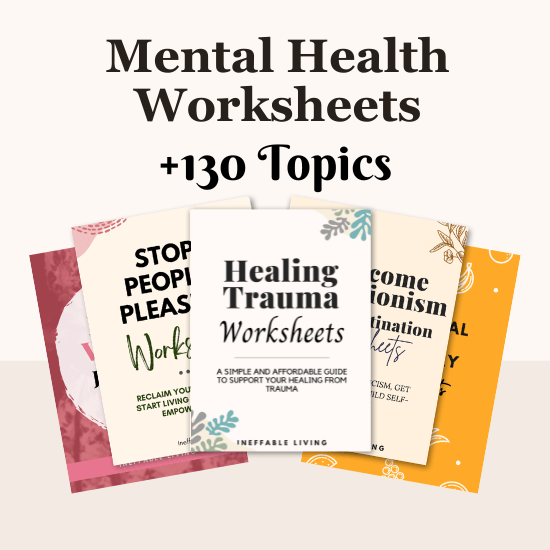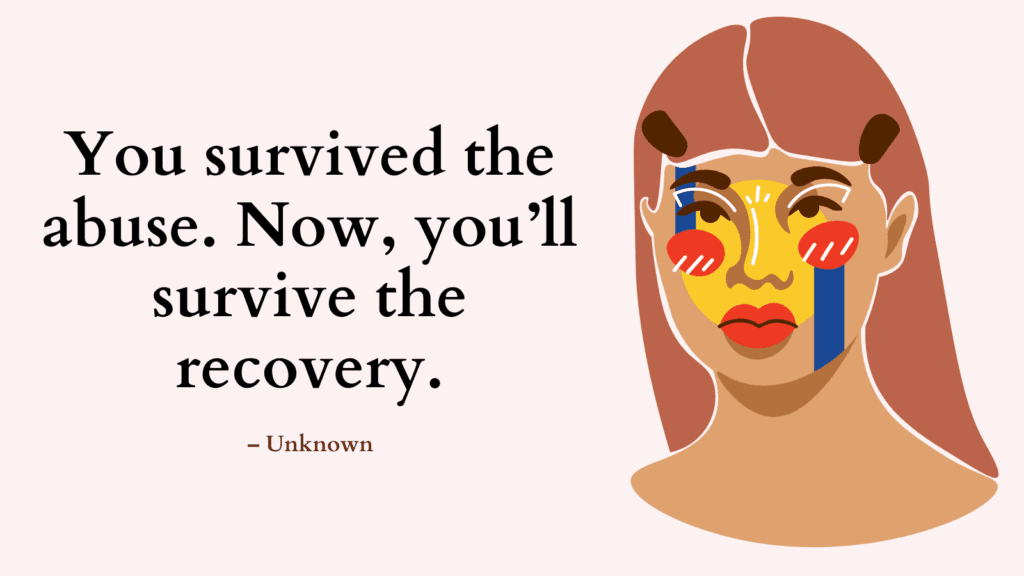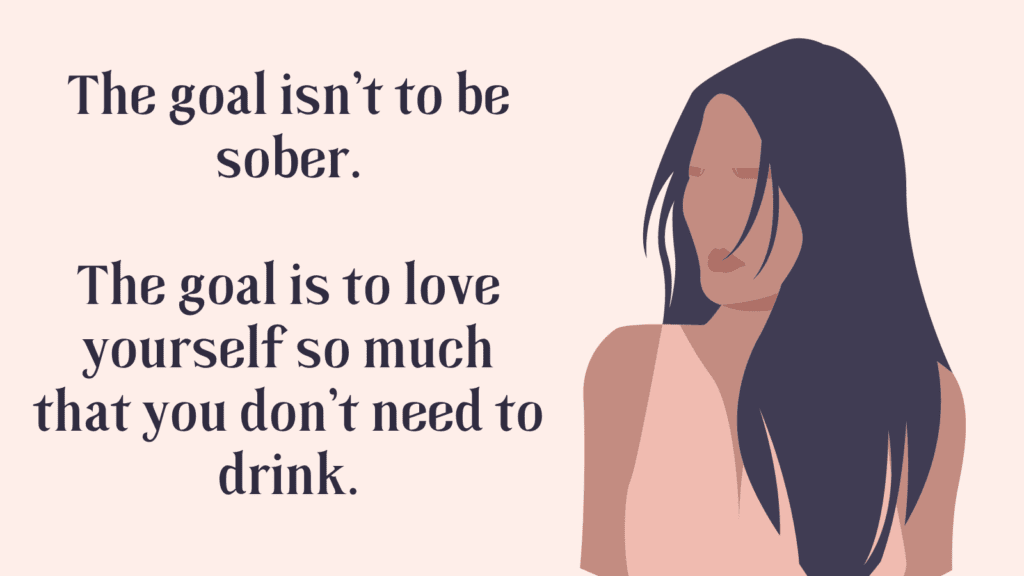This post contains “Am I emotionally abusive quiz.”
Am I Emotionally Abusive Quiz
The following questions represent some signs you might be emotionally abusive:
#1. Do you tend to get involved in relationships where you maintain the dominant role in the relationship?
#2. Do you believe you have the right to make most decisions by yourself for the relationship?
#3. Do you often insist on being in control of the money in the relationship?
#4. Do you often insist that the other person does as you say?
#5. Do you often give the other person the silent treatment or withhold approval when you don’t get your way?
#6. Do you often threaten to leave the house or the relationship when they don’t do as you wish?
#7. Do you often experience frequent mood shift going from loving to rejecting in a very short time?
#8. Do you tend to become enraged so often?
#9. Do you secretly disrespect the other person because you feel they’re weak or inadequate?
#10. Do you often think others are too sensitive, this is why they get hurt so often by the things you say or do?
We will not sell your information. All results are kept confidential.
This quiz is for informational purposes only. It is not meant as a diagnostic or assessment tool.
Results
The questions above represent common signs of emotional abuse. If you answered yes to most of these questions, then emotional abuse may be a problem for you.
Related: How To Stop Being Emotionally Abusive? Top 10 Strategies To Break The Cycle Of Abuse


What Causes Someone To Be Emotionally Abusive?
There is no single cause of emotional abuse, as it can be a complex issue that results from a variety of underlying factors.
Some potential causes could include a history of abuse or neglect during childhood, personality disorders, substance abuse or addiction, mental health issues such as depression or anxiety, and learned behavior from previous relationships or experiences.
It’s important to remember that the person who engages in emotionally abusive behavior is responsible for their actions, regardless of the underlying cause.
Related: Best 15 Inner Child Exercises: How To Connect With Your Inner Child (& Heal Your Childhood Wounds)
How To Break The Cycle of Emotional Abuse?
1. Acknowledge your behavior
What exactly are you doing that makes you emotionally abusive?
Once you acknowledge your behavior, you can work on changing it.
This might include yelling, name-calling, belittling, or ignoring someone’s feelings.
It may also involve controlling behaviors, such as monitoring someone’s movements or limiting their access to friends and family.
Pay attention to the responses of the people around you when you behave in these ways – their sadness, anger, frustration, or fear can be powerful indicators that what you’re doing is not acceptable.
2. Identify Triggers and Patterns
It’s important to remember that emotional abuse is a learned behavior, often passed down from one generation to the next.
It may be rooted in a desire to exert control or power over others, or it may stem from unresolved trauma in your past.
Recognizing the source of your behavior can help you gain a greater understanding of how to change it.
Start by examining your behavior during conflicts or disagreements.
Are there certain things that tend to set you off or make you react in an aggressive or hurtful way?
For example, you may feel particularly upset when someone questions your authority or disagrees with you.
Do you tend to use manipulative tactics or put-downs to control others?
Are there certain situations in which you are more likely to engage in abusive behavior, such as when you’re stressed or feeling insecure?
By identifying these triggers, you can work on managing your reactions and finding healthier ways to express yourself during stressful situations. It’s also important to examine patterns in your behavior.
Related: Top 25 Inner Child Journal Prompts To Heal Your Inner Wounds
3. Take Responsibility for Your Actions
This means acknowledging the impact of your behavior on others, admitting when you’re wrong, and making a conscious effort to change.
Let the person know you recognize your behavior was wrong and that you’re willing to work on improving.
It’s important to understand that you cannot control other people’s emotions or reactions to your behavior, but you can control your own actions.
4. Learn Healthy Communication Skills
One effective way of communicating in a healthy manner is through the use of “I” statements. Instead of saying “You always make me feel like crap,” one could say “I feel hurt when you criticize me.”
This type of communication allows for both parties to express their feelings and concerns without assigning blame or attacking one another.
Another useful technique is active listening, where one person listens to the other and then paraphrases what they heard in their own words.
This shows that you are interested in understanding their perspective and can help prevent misunderstandings.
In addition to these techniques, it is important to respect boundaries within the relationship.
This means taking responsibility for your own behavior and recognizing when you may be crossing a boundary.
It also means respecting your partner’s boundaries and not pressuring them into doing something they are uncomfortable with or dismissing their feelings.
By working on these areas, individuals can create a safe and supportive environment where both people can grow and thrive.
Related: 4 Essential Keys To Effective Communication
5. Practice Empathy
Empathy involves putting yourself in someone else’s shoes and understanding their emotions and perspective.
By doing this, you can gain a greater understanding of how your actions may be affecting the other person.
For example, if you tend to use hurtful language or belittle your partner during an argument, try to imagine how it would feel if someone spoke to you in that way.
Another important step is to listen actively to the other person’s emotions and needs.
This means really hearing what they have to say and acknowledging their feelings.
It can be easy to dismiss someone’s feelings or needs because we may not understand them or agree with them.
However, by actively listening and trying to understand where the other person is coming from, you can build a stronger relationship based on trust and respect.
Related: How To Validate Someone’s Feelings Without Agreeing? (+Examples of Validating Statements)
Conclusion
Acknowledging your emotionally abusive behavior may be difficult, but it’s an essential first step towards stopping it.
Changing abusive behavior takes time and effort, but it’s essential for creating healthy relationships.
A good starting point is to develop empathy and active listening skills, which can help you better understand and validate the feelings of others.
You may also want to seek out professional counseling or support groups to help you address the root causes of your behavior.
With dedication and perseverance, it’s possible to create positive change and develop healthier relationships with those around us.



